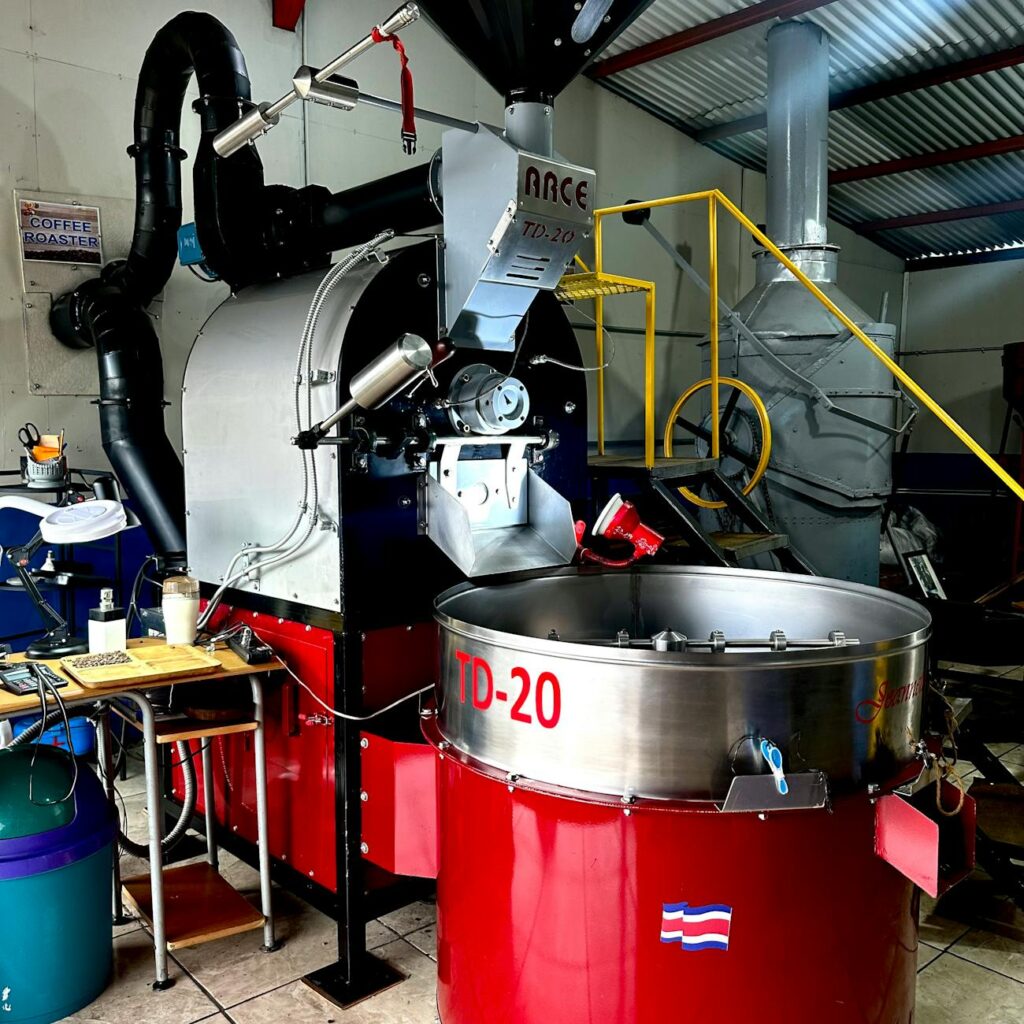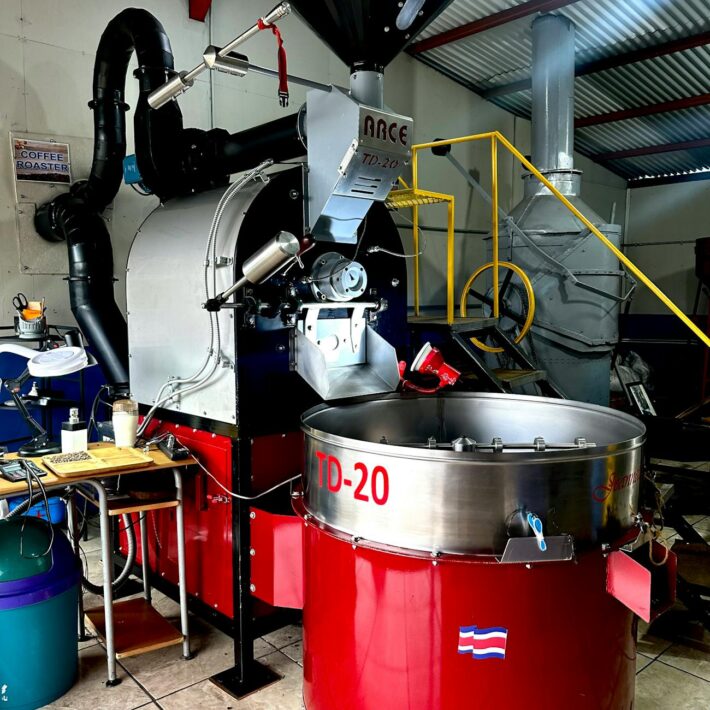Translational Immunodermatology Business Ideas to Start in 2024

Contents
Game-Changing Business Ideas in Translational Immunodermatology (2024)
Want to launch a business that tackles skin diseases using cutting-edge science? Translational immunodermatology is your space. This emerging field combines immunology and dermatology to treat skin conditions, opening doors for innovative business ventures.
Translational Immunodermatology Business Types
The field offers a wealth of potential business opportunities, ranging from research to treatment and support. This diverse sector includes research, development, diagnostics, and treatment-focused ventures.
Research and Development Companies
These companies focus on translating research findings into practical applications for skin diseases. Imagine a startup identifying novel treatments for eczema. Or a company developing personalized therapies for psoriasis based on individual genetic profiles. They're at the forefront of developing revolutionary drugs and therapies, driving the advancement of immunodermatology.
-
Novel drug discovery and development for skin diseases: This venture explores new therapeutic avenues for common and less-common skin ailments like acne, psoriasis, and atopic dermatitis. This business could focus on discovering drugs that target specific inflammatory pathways or immune cells involved in these conditions.
-
Cellular therapies for skin repair: These companies develop and test methods involving cellular therapies, such as stem cell-based treatments, to repair skin damage or boost the body's natural healing process.
-
Immunomodulatory therapies: Focus on adjusting the immune system to control skin inflammation and promote skin health. A prime example would be an immunotherapy approach to treating inflammatory skin diseases.
Diagnostics and Therapeutics for Skin Diseases
These companies focus on the diagnostics and treatment of various skin conditions. Innovative tools and treatments can improve patient care and clinical outcomes.
-
Personalized medicine approaches for skin diseases: Imagine a business that tailors treatments to each patient's unique genetic makeup, skin microbiome, and immune response, leading to more effective therapies.
-
Development of new diagnostic tools for skin conditions: A cutting-edge venture could develop innovative diagnostic methods to detect skin diseases earlier and more accurately. This could range from new imaging technologies to advanced laboratory tests.
-
Targeted therapies for specific skin conditions: These businesses focus on creating therapies specifically tailored to the mechanisms of particular skin diseases. This might involve developing new drugs or therapies that effectively target the underlying causes of skin conditions, like vitiligo or allergic contact dermatitis.
Biotechnology and Pharmaceutical Companies
The biotechnology and pharmaceutical industry plays a pivotal role in translational immunodermatology. Companies in this sector can focus on research, development, and commercialization of new drugs and therapies.
-
Developing and marketing treatments for skin conditions: Such companies work on drug discovery, development, and testing of medications and treatments.
-
Formulation and commercialization of topical immunodermatology products: This area focuses on the production and sale of innovative creams, ointments, and other topical formulations for skin disorders.
-
Manufacturing and marketing of biologics for skin diseases: Companies in this space often concentrate on therapies involving complex biological molecules, such as antibodies or cytokines.
Contract Research Organizations (CROs)
CROs support pharmaceutical and biotechnology companies with essential services. Their role in immunodermatology is significant, especially during the testing and clinical trial phases.
-
Preclinical testing services: This venture offers preclinical evaluation of potential new treatments for skin diseases.
-
Conducting clinical trials for skin disease therapies: Companies conducting clinical trials ensure safety and effectiveness of new treatments.
-
Data analysis and interpretation of immunodermatology research: This company analyzes clinical and preclinical data, providing useful interpretations and conclusions for potential therapies.
Manufacturing and Distribution of Immunodermatology Products
A crucial step in the process is manufacturing and distributing products. Companies here offer manufacturing and distribution services for immunodermatology products.
-
GMP (Good Manufacturing Practices)-compliant manufacturing of dermatological products: Companies in this segment prioritize quality and safety in product development and manufacturing.
-
Distribution of immunodermatology products to healthcare providers: This business focuses on distributing immunodermatology treatments efficiently to dermatology clinics, hospitals, and other medical institutions.
Educational and Training Platforms for Immunodermatology
Platforms for educating and training healthcare professionals are essential. Companies in this segment aim to advance the knowledge of immunodermatology.
-
Online courses, workshops, and conferences: This platform would offer specialized training for healthcare professionals on translational immunodermatology.
-
Creation of online educational materials and resources: This business creates and maintains valuable resources that support doctors, nurses, and dermatologists.
Patient Advocacy Groups and Support Organizations
Support organizations are essential for patients facing immunodermatological challenges.
-
Raising awareness about skin diseases: This support group highlights the importance of early diagnosis and treatment for various skin conditions.
-
Providing support and resources for patients and their families: Creating networks to ensure patients are connected with the support they need.
-
Advocating for better patient care and access to treatments: Working with the medical community and stakeholders for better support and access to care for patients affected by immunodermatological conditions.
Funding and Investment Opportunities
Secure funding through grants, venture capital, or angel investors. Explore various avenues and make use of effective business plans.
-
Grant programs: Securing grants from government or non-profit organizations.
-
Venture capital and angel investors: Attract funding from venture capitalists and angel investors.
-
Crowdfunding campaigns: Exploring various crowdfunding platforms to raise capital.
Key Considerations for Success
Important factors that contribute to successful ventures.
-
Regulatory compliance: Adhering to the regulations associated with the production, marketing, and distribution of drugs and therapies for skin diseases.
-
Intellectual property protection: Secure patents and other protections to safeguard innovations.
-
Marketing strategies: Employing strategies to target specific markets and patients affected by immunodermatological challenges.
Market Trends and Future Outlook
The market in immunodermatology is promising. Growth depends on factors such as new technologies, advancements, and increasing research in the sector.
-
Advancements in biotechnology: The biotech industry continuously introduces new methods for treating skin diseases.
-
Emerging technologies: Innovative technologies such as AI and machine learning are changing diagnoses and treatments.
-
Personalized medicine: Increasing acceptance and adoption of personalized medicine approaches for skin diseases.
Conclusion
Starting a business in translational immunodermatology is a challenging but rewarding venture. The future of skin disease treatments and diagnostic methods is promising. A focus on innovative research and development, rigorous quality control, and support for patients and healthcare professionals will determine success. The right approach can launch a company that delivers significant improvements in dermatological care.
Photo by RDNE Stock project on Pexels

As our Chief SEO & Branding Strategist, Robert Ellison is a digital marketing visionary with over 25 years of experience transforming brands through smart, data-driven SEO and impactful storytelling. Known for his expertise in aligning technical SEO with authentic brand narratives, he leads our team in creating strategies that boost search rankings while building strong, sustainable brand identities. A trusted advisor and frequent industry speaker, Robert combines deep technical knowledge with creative insight, helping our clients not only reach the top of search results but also genuinely connect with their audiences.








